CBI-FP programme: bridging innovation and societal impact through multidisciplinary collaboration
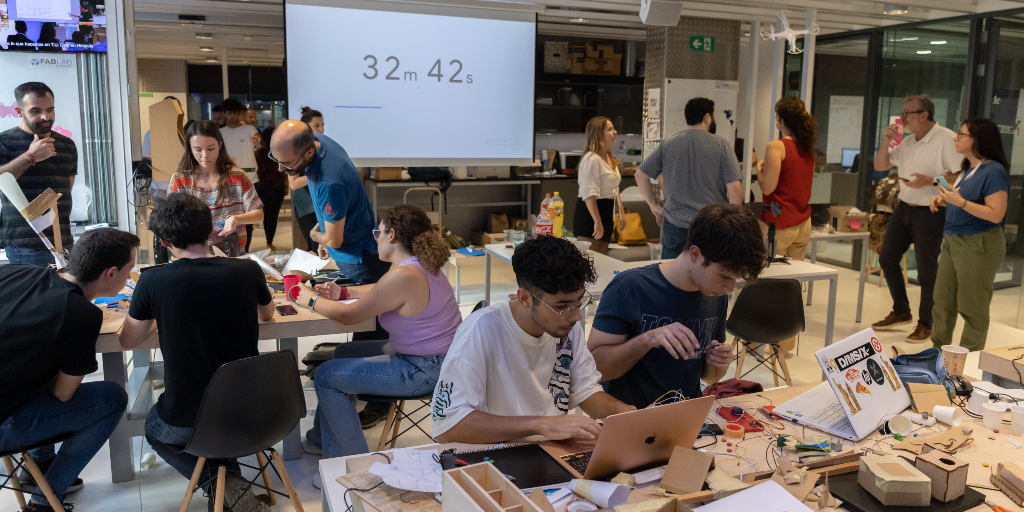
The CBI Fusion Point (CBI-FP) programme exemplifies the innovative spirit of multidisciplinary collaboration in higher education, addressing real-world challenges with a focus on societal impact. The Challenge Based Innovation course was established in 2014 and is a joint effort by Esade Business School, IED Barcelona and Universitat Politècnica de Catalunya (UPC).
Training the entrepreneurs Europe needs
ATTRACT2 is creating skilled tech talent and entrepreneurial leaders, rolled into one.
 ATTRACT2 is creating skilled tech talent and entrepreneurial leaders, rolled into one.
ATTRACT2 is creating skilled tech talent and entrepreneurial leaders, rolled into one.
IdeaSquare as a shortcut between conceptualising and prototyping
Both working on the LHCb calorimeter, Matteo Salomoni and Kacper Jama used IdeaSquare extensively to develop new calorimeter modules that will be installed during the long shutdown 3. In this letter, they explain how crucial it was for them to be able to come and prototype at IdeaSquare for their project.
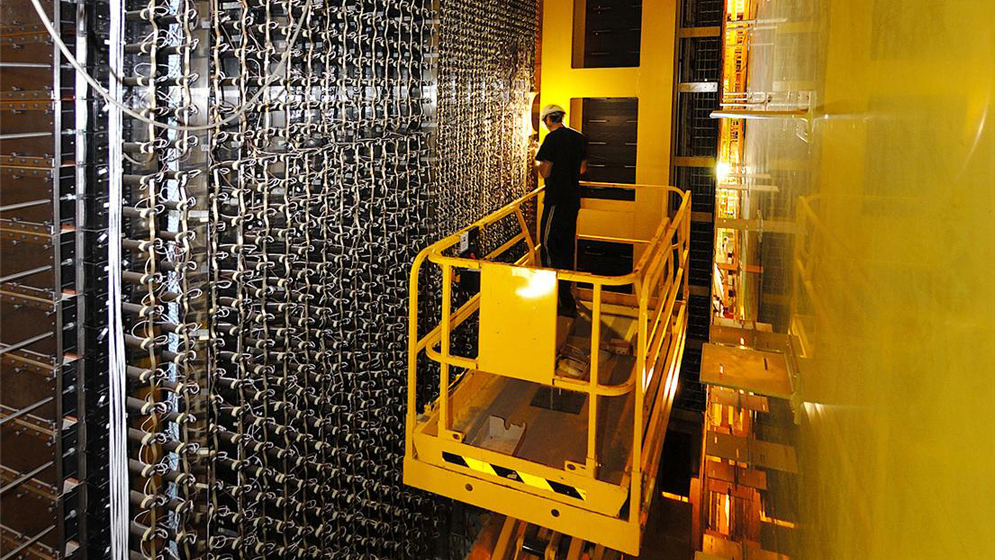 Both working on the LHCb calorimeter, Matteo Salomoni and Kacper Jama used IdeaSquare extensively to develop new calorimeter modules that will be installed during the long shutdown 3. In this letter, they explain how crucial it was for them to be able to come and prototype at IdeaSquare for their project.
Both working on the LHCb calorimeter, Matteo Salomoni and Kacper Jama used IdeaSquare extensively to develop new calorimeter modules that will be installed during the long shutdown 3. In this letter, they explain how crucial it was for them to be able to come and prototype at IdeaSquare for their project.
Using experimentation to boost University-Industry collaboration
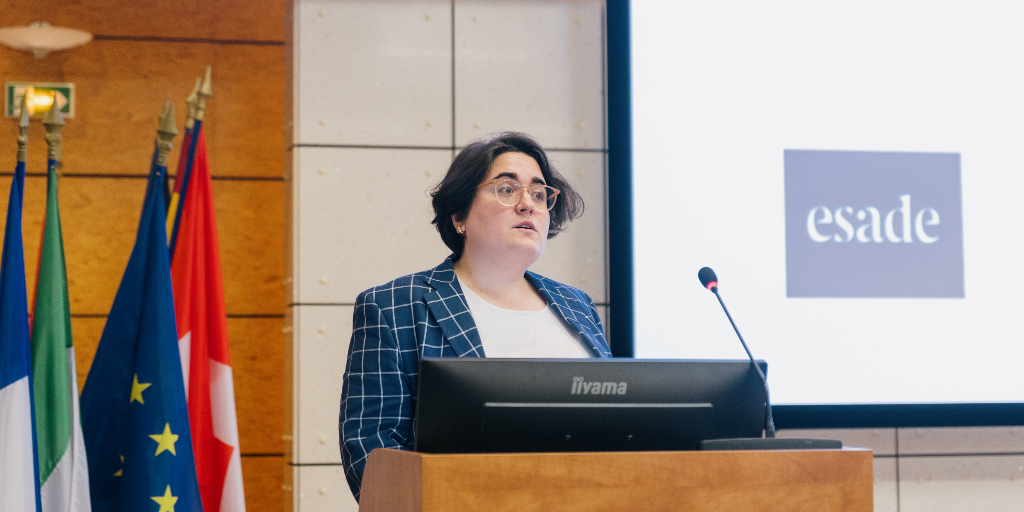
Collaboration between universities and industry is essential for transforming academic research into practical innovations that can impact the real world. However, the strategies used to make these collaborations possible have often lacked rigorous testing. This has led to uncertainty about which approaches work best in helping researchers and businesses partner effectively.
Transient—Cloud Chamber, a detector installation turning cosmic muons into trails of light and sound
Transient—Cloud Chamber is a project that offers a mesmerising interaction with cosmic particles, turning cosmic muons into real-time trails of light and sound, revealing the ephemeral beauty of the cosmos.
Humanitarian Designers’ community met at IdeaSquare to reflect, share and gather better practices
Nearly fifty participants of Humanitarian Designers community and beyond, came together from all around the world for a three-day meetup lab at IdeaSquare in September.
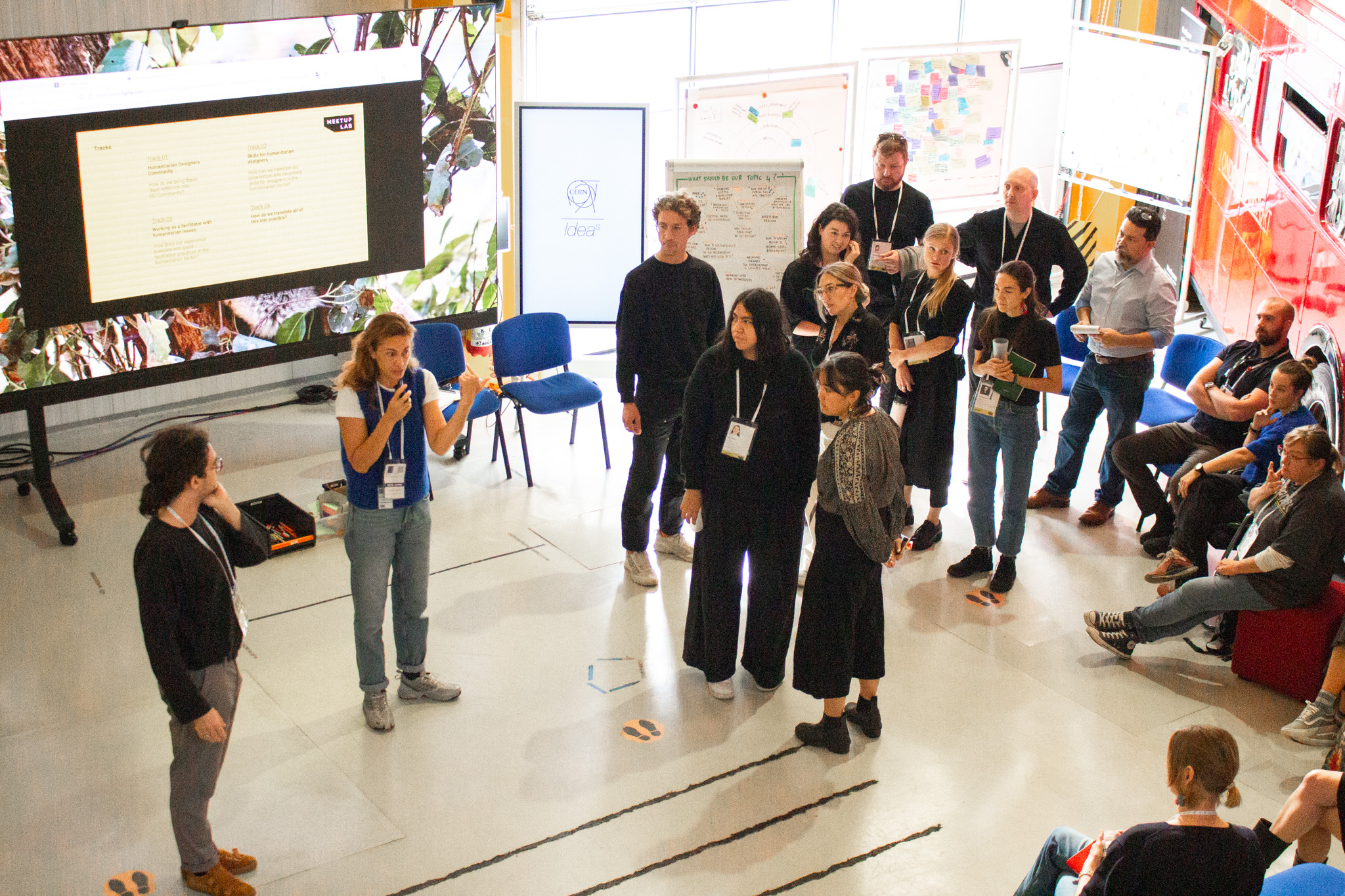 Nearly fifty participants of Humanitarian Designers community and beyond, came together from all around the world for a three-day meetup lab at IdeaSquare in September.
Nearly fifty participants of Humanitarian Designers community and beyond, came together from all around the world for a three-day meetup lab at IdeaSquare in September.
Sparking curiosity: the role of research infrastructures within the ATTRACT Academy
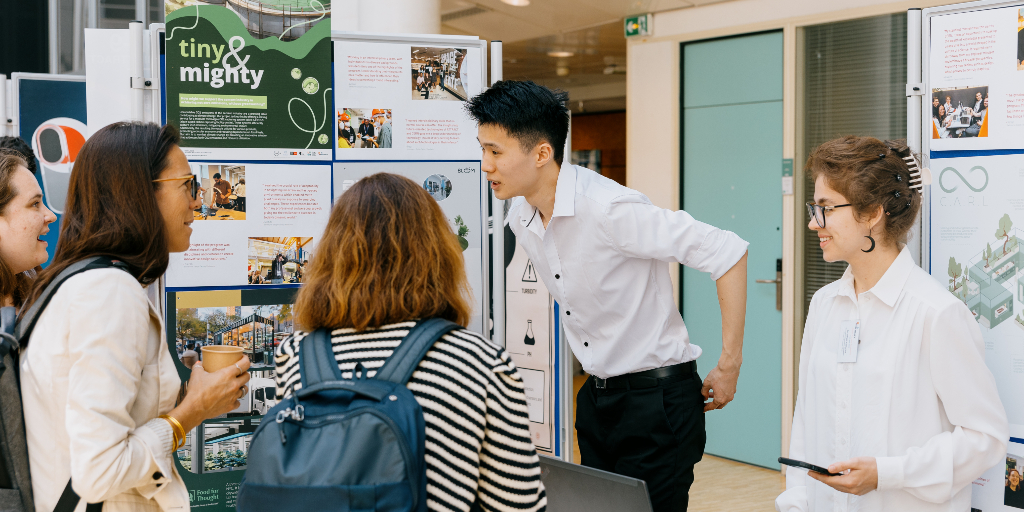
The ATTRACT Academy is an educational initiative designed to foster entrepreneurship among Europe’s young talent. Launched as part of the ATTRACT project, it brings together students from different disciplines, including physics, design, and finance to collaborate on real-world applications of emerging technologies.
Tech talent for tomorrow: key skills from Europe’s ATTRACT Academy
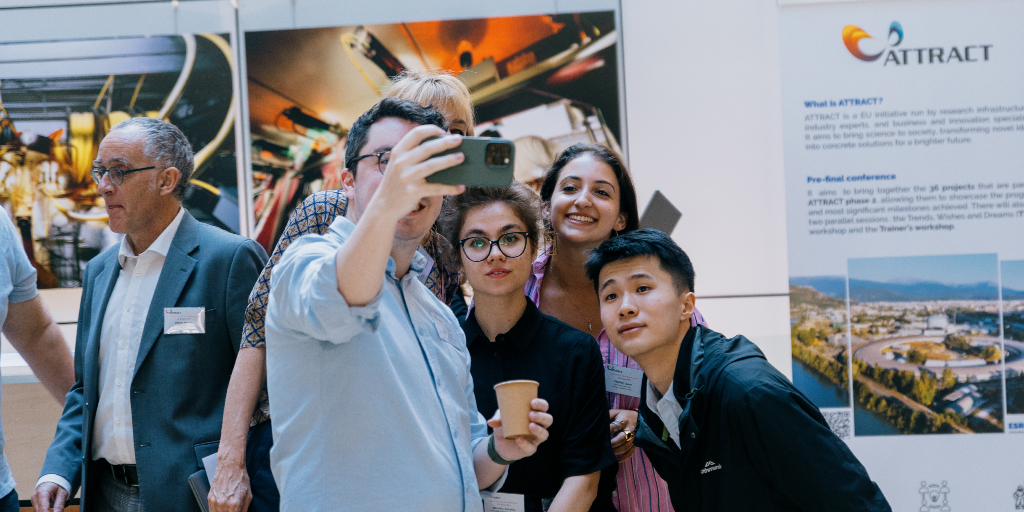
How can Europe better prepare its next generation of tech entrepreneurs? What skills are essential in an increasingly competitive and rapidly changing global market?
Celebrating 10 years of IdeaSquare: Giving you the license to dream
On the 8th of November, we invite the CERN community to celebrate IdeaSquare’s 10th anniversary with us!
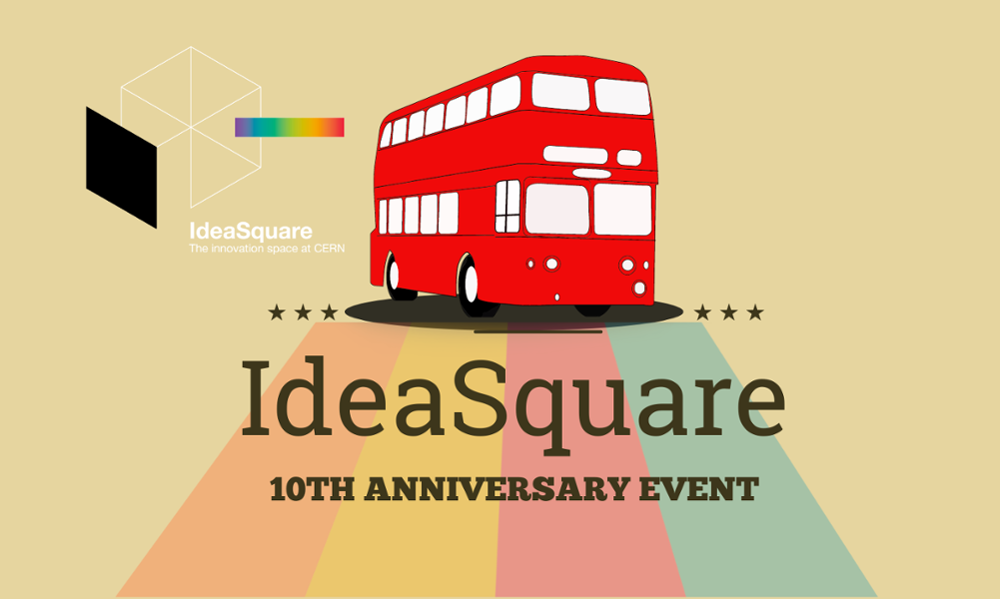 On the 8th of November, we invite the CERN community to celebrate IdeaSquare’s 10th anniversary with us!
On the 8th of November, we invite the CERN community to celebrate IdeaSquare’s 10th anniversary with us!
ATTRACT Academy: a hands-on approach to training Europe’s future tech entrepreneurs
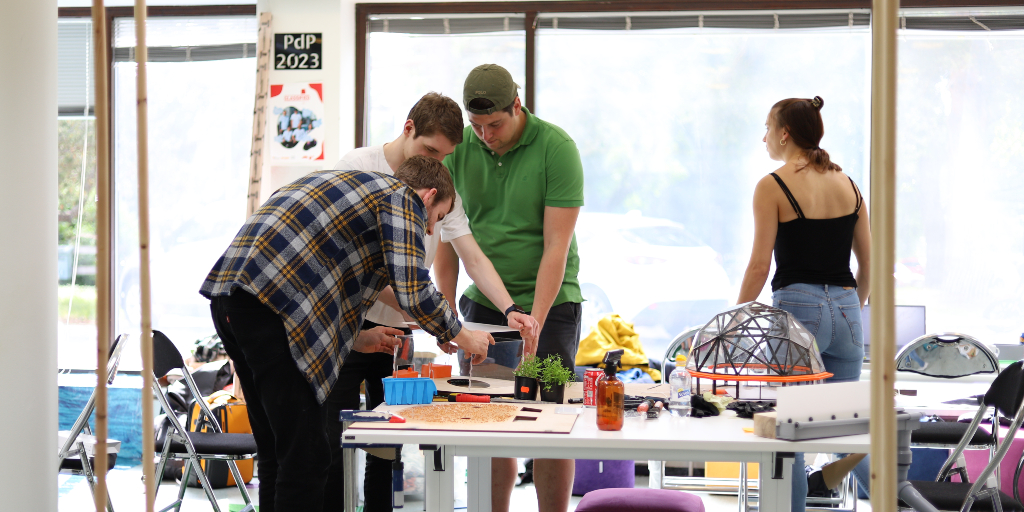
The search for skilled tech talent and entrepreneurial leaders becomes critical as Europe aims to advance in global tech markets. An answer to this challenge comes from the ATTRACT project, which seeks to combine deep-tech innovation with hands-on entrepreneurship training through its educational arm, the ATTRACT Academy.
Pagination
- Previous page
- Page 5
- Next page